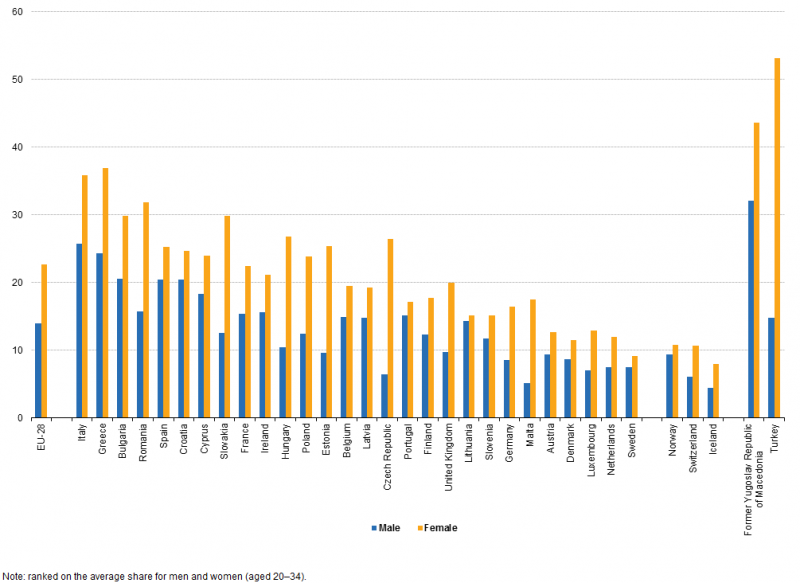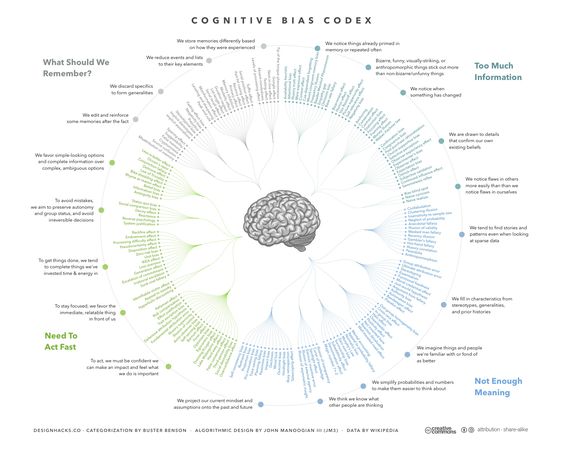Steal like an artist: takeaways from an L&D-R&D conference
Seriously, is there any domain L&D can't learn from? If you're a professional in this field, you've probably read hundreds of articles what you can learn from marketing, from sports, from television, et cetera.
The 27th of February, Arboth attended the VOV-conference "What L&D can learn from R&D". Whereas the above examples might seem long shots; we can all agree learning and development should learn from research and development, and vice versa.
The R in L&D - insights by Frank Vander Sijpe
The holy grail in L&D: what is the ROI from training (regardless of type)? There are no satisfactory answers to this question. It all depends on your organizational climate, the support per manager, the motivation per employee, the practical application, and so on.
Does that mean there are no significant numbers to base an L&D policy on? Of course not. Frank Vander Sijpe, director of HR Research at Securex, came with an extensive list.
START EARLY
Research tells us that more than 1 in 10 Belgian youth (15-24) is not in education, employment or training. These people are missing out on some basic skills. Skills that will prove themselves lacking once the youth is in want of a place in the workforce.
FLEXIBLE CLIMATE
We see that Belgium has a very static workforce and labour market. Over the past few years, our neighbour countries have invested in more flexible job types. Employees who actively search for better opportunities, know their self-worth. Belgians, not so much.
This is maintained by the wish of the Belgians to retire early. Will our social security systems continue to thrive when people graduate later in life, but retire early as ever? With a decreasing professional life?
THINK AHEAD
46% of the Belgians feel their organization does not offer sufficient opportunity for increasing employability. That is almost 1 in 2. I know my employer believes in development, so that's too bad for you, dear reader.
Learning and development can contribute greatly to this: by offering an offer that is not only job and organization specific, but also offers the opportunity to grow outside of the current function.
The L in R&D - Insights by Mieke Vandewaetere
"In theory, there is no difference between theory and practice. In practice, there is."
This quote has been around for ages. And yet, it still feels as though there is a gap.
If we look at HR in general, we see many professionals acting on their gut feeling. Many times ignoring sound scientific evidence to the contrary. And sometimes, their gut feeling turns out to be right!
That's because scientific evidence is often gathered in a lab; where context, situational aspects, social climate is taken out of the equation.
Research, by the way, is often performed on Psychology students, to which one of the writers of this blog can attest to. During the Bachelor's degree, Psychology students can earn up to 3 credits by partaking as guinea pig in experiments. Population of these experiments: a bunch of primarily female, insecure students early in their twenties, with no idea of who they are and what they want in life. Sure, that's … sound?
Yet, that does not mean we should just dismiss scientific evidence. Meta-analyses can provide useful insights as they gather many experiments and synthesize the results. So why do many of these reviews go unread? Can scientists perhaps learn from practice too? Why not write articles in the language of the target audience? With practical appliances, tested in an actual environment, and not just in a lab?
The two fields, L&D and R&D can also learn from each other concerning engagement and creativity. Researchers often invest years of their life to a specific domain or theory. They specialize, ask questions and look for the answers. This is in stark contrast with L&D, where hypes come and go, often untested but widely spread.
On the other hand, the budget for such specific questions is not abundant in organizations. L&D professionals who want to try something guerrilla style will often have no initial budget to work with. That creativity is something that can be shared with R&D.
New research in R&D goes where no one has gone before. It looks for the gap in knowledge, the lack of skill and tries to fill it up with new hypotheses and results.
L&D is driven by a different perspective: what adds value? What can make training better? What will trigger our employees to take their development in their own hands? What will increase the transfer of knowledge? This mind-shift is apparent in every decision an L&D'er and R&D'er will make. And something where they can learn from each other, for sure.
We've touched upon the subject briefly: L&D inclines to jump on hypes and fads as fast as they come by. Any critical assessments are often lacking. Where R&D can also be over-excited about certain results; the beauty of peer-review is that myths also get debunked.
That peer-review is crucial in sound evidence and is definitely something that should cross over to all fields of the workplace.
PRO TIPS
- Which biases are clouding your judgment? Try to be aware of them at all times.
- Do not think of yourself as rational. Your judgment is often clouded by emotions.
- Do not think of yourself as unique. What works for others, usually does work for you as well.
- Do not think you have all the answers to your own success. Success isn't always measured by the appropriate factors.
JUST DO IT. - Insights by Winnie Valbracht
Even though you might be hesitant to do research in your field of work yourself, know you don't always have to do it on your own, or even yourself. Many instances in Belgium are available for help, budget, platforms et cetera.
- ICON projects
- TETRA projects
- ESF projects
- ERASMUS+ projects
- Consultancy exercises for many educational HR programmes
- Internships are often linked to a research exercise
- Collaborate with schools, IMEC, EIT Digital, …
- Proof of Concept with partners
For more reading on this topic, VOV lerend netwerk shared this blog post.





